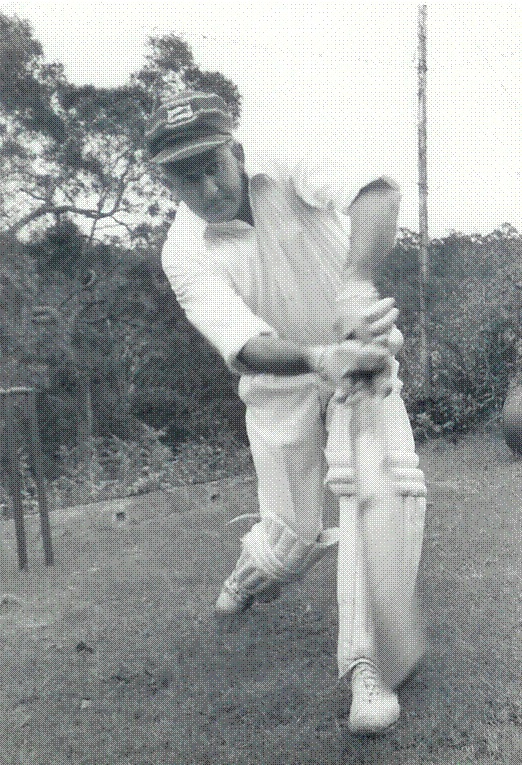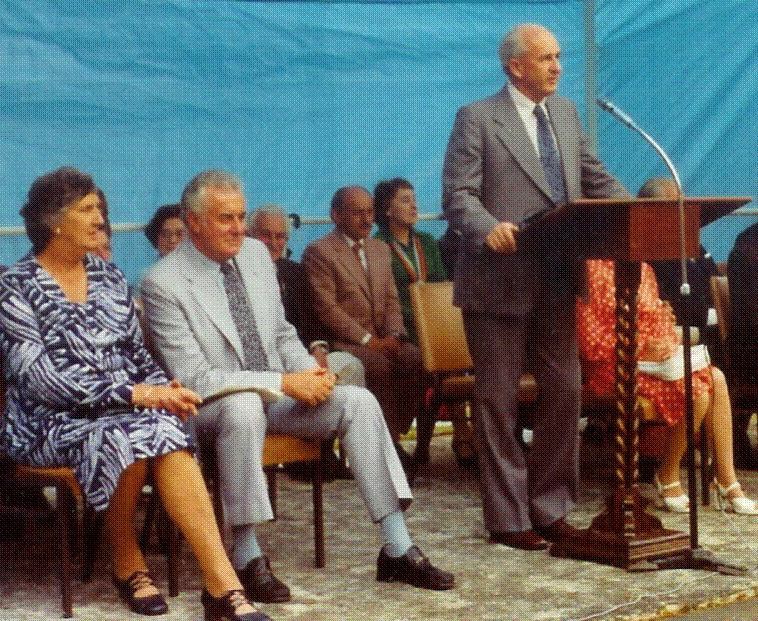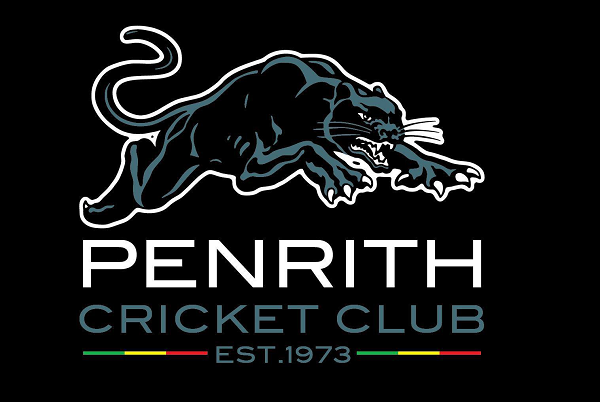Mick Clough
Penrith Cricket Club | December 27, 2023

Officially, he was Ralph James Clough MLA, but it was a rarity to find anyone who preferred Ralph to the more knockabout ‘Mick’. It was a throwback to his father, Michael Roland Gordon Clough—‘little Mick’. Mick Clough was a cricket lover from a cricket-loving family. His next greatest love was the Australian Labor Party. Those with ‘an eye for a cricketer’ thought him an enormous talent, a seriously dangerous right-hand batsman, but his early cricket career was limited because he lacked the discipline to make the most of his talent. “I preferred to go in search of good times,” he confessed to his sons Peter and David, when advising them on the best way forward in the game. A commonly-told family story recounts an offer from a Perth Grade Club “to come and play with our Second Grade team”. Mick rejected it to play Park cricket with the team from the Telegraphist’s Office—because they had a keg after every game.
Mick was a telegraphist, a career that took him far and wide, once to Woomera, famous as a rocket testing range. In 1956, with a young wife Doreen, a daughter Elizabeth aged three, and Peter, just born, Mick did some serious thinking: “I need to get my career moving, but, how to do it?” Discipline and determination seemed a good start, if not yet a mantra. He applied for the job as Postmaster at Leonora, a small township located some 200 kilometres by dirt road north of Kalgoorlie in the Western Australian goldfields. Such remote locations were not highly sought after but they did offer a golden opportunity to move into the Postmaster ranks. He got the job. In the harshness of Leonora and its surrounding districts he probably played his best cricket. So many days of searing heat, the young family sitting below canvas shelters watching Mick compile another hundred, before the long celebratory drinks session, then followed by a late night drive back to Leonora along dark, dusty roads. His deeds were the talk of the goldfields, but unsurprisingly not further afield. Also unsurprising, Mick established a branch of the ALP in Leonora.
In early 1967, Mick came to Sydney. Now with three children—David was born in Leonora in 1958—the family set up home in Fairfield where he played for Brothers and later Guildford Leagues. Then came the most dramatic change in his life. He moved to Bullaburra in the Blue Mountains and joined the nearest branch of the ALP at Lawson. His enormous discipline and genuine love of people would allow him to forge an impressive political career in the NSW Parliament. It was a journey not without hurdles.
His first attempt to win the State Seat of Blue Mountains was unsuccessful, so, to keep a profile he tried another tack, and became an Alderman of the Blue Mountains Council. And, another tack—he became a teetotaller. At the next attempt at a State seat, in 1976, he was elected by the smallest of margins, one he increased at the next election. But, if cricket is the ‘great leveller’, what then of politics? There was an electoral boundary adjustment in 1981, and Mick, the ever-popular, diligent, hard-working local member was unable to retain the support of those within the ALP. Incredibly, he lost pre-selection for what was now a ‘safe seat’. Disappointed, but not disheartened, discipline and determination drove Mick to seek, and gain, pre-selection for the Conservative-held Seat of Bathurst. He won. He did lose the seat in 1988, but won it back in 1991 and held it until he retired in 1999.
Never far away, there was always cricket. When he moved to the Mountains in 1968 he joined Springwood Cricket Club. When the Nepean District Cricket Club was formed in 1973, he was a founding Vice-president, and, would become a Patron. Springwood provided a number of players to the various Grades in Nepean’s opening season 1973/74. And, Mick thought that the Nepean Club would provide the best opportunity for his two sons, Peter and David, to play at the highest level in Sydney.
In the 1975/76 season, when he celebrated his 48th birthday, Mick took on the captaincy of the Club’s ‘Fifth Grade’, although then the team competed in the local Nepean Competition. In his season report Mick proudly noted: “We supplied Trevor Everest and Ian Wyatt to the Grade Club, and, at the conclusion of our season we had John McGrogan, Stuart Green, David Clough, Don Maddock and Mille Milakovic in the Fourths.”
Mick and Doreen formed a strong bond with a number of those players but none more so than Trevor Everest, who was mostly called ‘Sherpa’. A country boy with no city ties, he regularly spent weekends at the Clough family home. He would play a pivotal role in the first First Grade Premiership-winning team, where his calm approach, flashing cover drive and safe hands at slip won him constant praise. He kept in contact with Mick and Doreen after leaving the Club.

On political duty at Lithgow. Casting approving eyes over the local member are former Prime Minister Gough Whitlam and his wife Margaret. Peter Clough(#) remembers Gough—“he and Dad were good mates”—coming to the former family home at Fairfield and making a typically grand entrance … by stepping over the fence!
In 2004 Mick and Doreen ‘went home’ to Perth, after owning and running a motel on the NSW north coast. Mick passed away in 2008, aged 80; Doreen less than a year later.









Mick left an impression on every one he met. And while only on a few occasions. I recall an amazing last wicket partnership with his son Peter against Manly in the last game of 1977/78 for Nepean-
11- A record for the club that will never be broken as the club changed to Penrith.
😂😂😂